When you’re in the thick of buying or selling a house, a home inspection feels like a pivotal moment where you get a clear picture of what you’re stepping into. However, there’s a sneaky factor that can sway the results more than you’d think: The Influence of Weather on Home Inspections. Let’s dive into how the skies above can really shape a home inspection, and share some tips on how both homeowners and inspectors can team up to tackle these challenges head-on.
The Influence of Weather on Home Inspections:
Starting with Exterior Assessments:
Imagine trying to inspect the outside of a house when it’s pouring rain, blanketed in snow, or under the scorching sun. Not ideal, right? Weather conditions like these can make it tough to check out a property’s exterior thoroughly. If it’s raining cats and dogs, issues like poor drainage might slip under the radar. On the flip side, snow can hide roofing problems. So, sometimes, we need to either reschedule or switch gears to make sure we don’t miss anything crucial.
Moving onto the Roof:
The roof checks are vital, yet climbing up there during a storm or when it’s icy is downright dangerous. Plus, trying to spot issues under a layer of snow or during a windstorm just doesn’t work. If the weather’s not cooperating, it might be best to plan a second visit. It ensures everyone stays safe and we get the full picture of what’s going on up top.
Checking Foundations and Drainage:
Here’s where weather can actually help highlight issues, like during a heavy downpour revealing leaks or drainage woes. It’s a double-edged sword, though. Too much water from rain or melting snow can lead to foundation problems and unwanted moisture in basements or crawl spaces. Keeping an eye out for these issues, especially after bad weather, can be super telling.
Looking at HVAC and Utilities:
Extreme weather puts a strain on heating and cooling systems. Testing an air conditioner in the dead of winter or a heater in a heatwave won’t give us accurate results. It’s all about timing and sometimes requires a bit of patience to test these systems under the right conditions.
Observing Landscaping and Drainage:
A good storm can really show if the yard drains well or if there’s water pooling around the foundation. It’s all about how the land around the house manages water. Seeing these things firsthand can point out what needs fixing to avoid water damage or erosion down the line.
Tips for Tackling Weather-Related Challenges:
- Stay Flexible and Communicate: Weather’s unpredictable, so keeping the lines of communication open and being willing to reschedule is key. It ensures we can do a thorough and safe inspection, giving everyone involved peace of mind.
- Get Ahead with Preparation: If you’re selling, giving your place a once-over and fixing any glaring issues before the inspection can save a lot of headaches. Simple things like cleaning the gutters, trimming back branches, and fixing any leaks make a big difference.
- Rely on Professional Insight: Choosing an experienced home inspector who knows how to navigate weather’s curveballs is invaluable. They can spot potential problems and offer advice on how to fix them, ensuring you know exactly what you’re dealing with.
Weather plays a bigger role in home inspections than most of us realize. But by understanding its impact and how to work around it, we can ensure a thorough evaluation of a home’s condition. It’s all about being prepared, flexible, and working closely with a knowledgeable inspector. Together, we can weather any storm and make sure you’re stepping into your new home with confidence.
